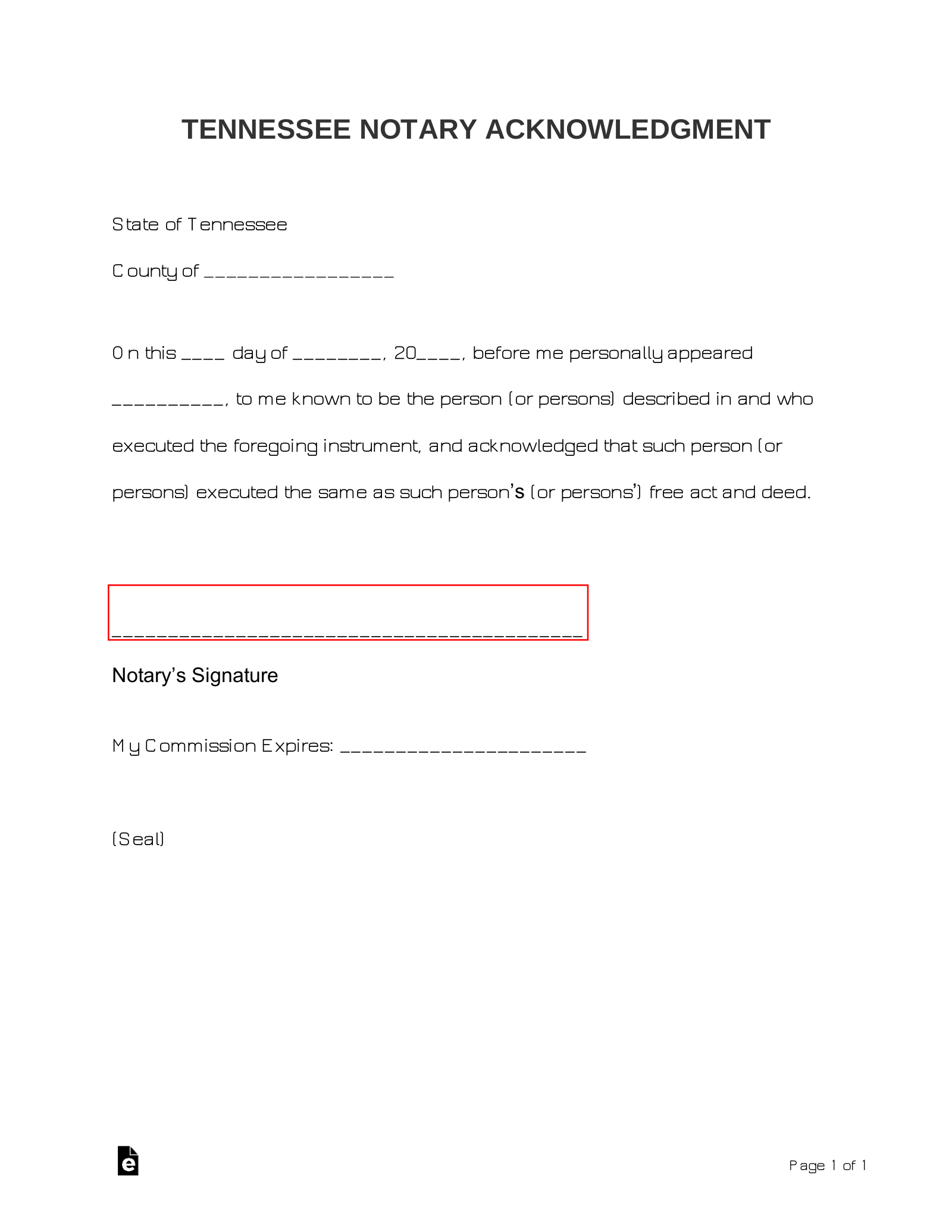
If you want your will witnesses to sign an optional "self-proving affidavit," then that will require a notary.Ī self-proving affidavit is a sworn statement by you and your witnesses that the will you all signed is valid. But in some states, an optional notarized affidavit attached to your will may save time in the probate process.

Sign in the "presence" of the testator.Receive no benefit from the will (i.e., be "uninterested" parties).Wills do need to be validly witnessed, however Those witnesses generally need to: (This is different from state laws that require a notary public to attest to the authenticity of other types of documents, such as living trusts.) Note that there is no requirement that a will be notarized. In most cases, a will that contains these basic elements will be enforced as valid. The signatures of at least two witnesses (also dated).The signature of the will writer (called the testator) along with the date when the will was signed, and.

The basic foundation for enforceable wills in most states requires: So where does a notary fit in to making a will? Making a Valid Will: The Basics The truth, however, may be surprising: Although state laws on wills differ, you do not need to notarize a will for it to be valid. Do wills need to be notarized? Since notaries are often useful in giving legal effect to other official documents, people often assume the same is true with wills.


 0 kommentar(er)
0 kommentar(er)
